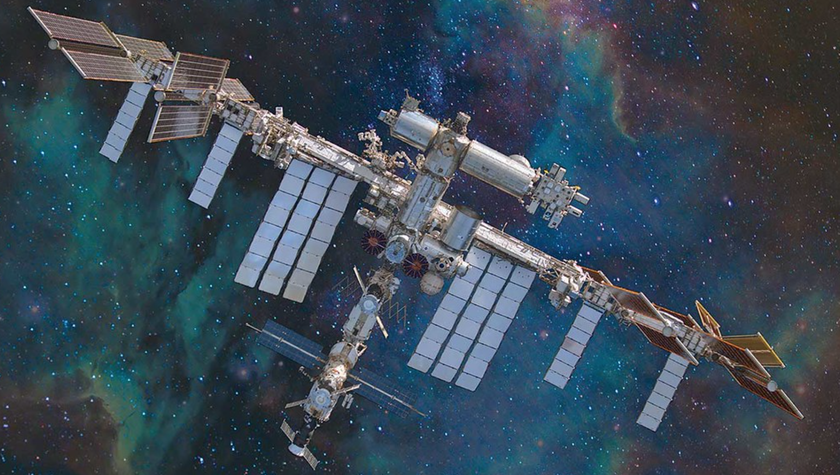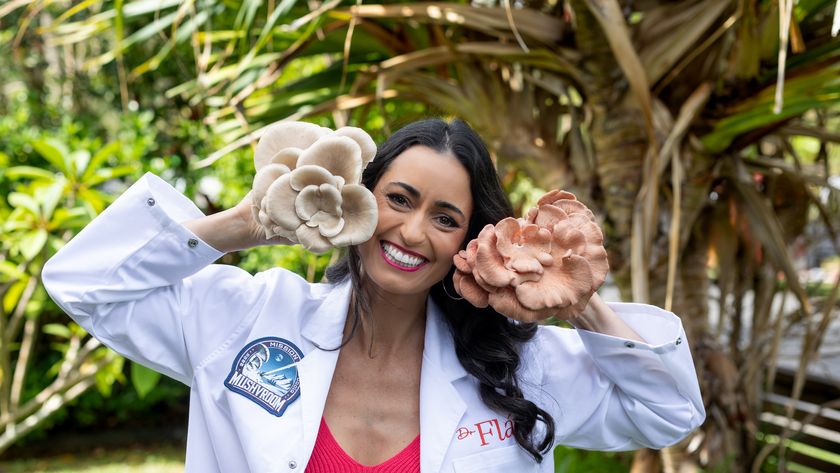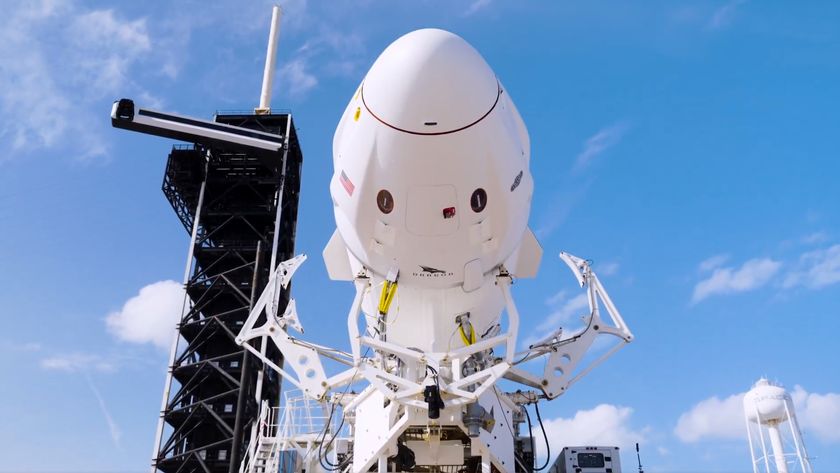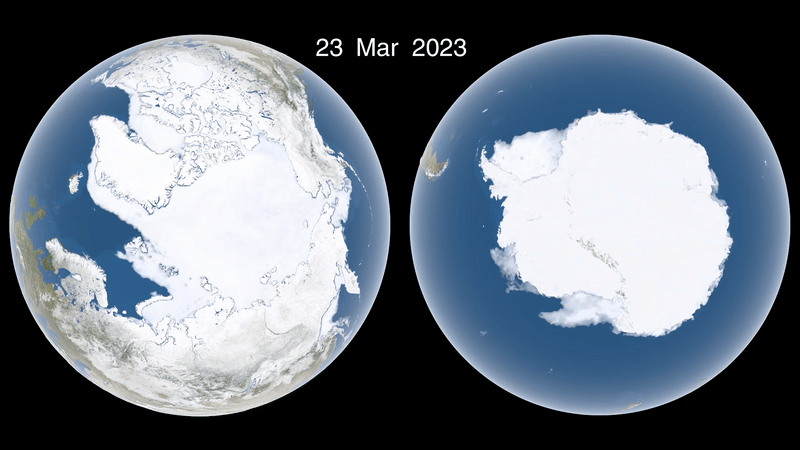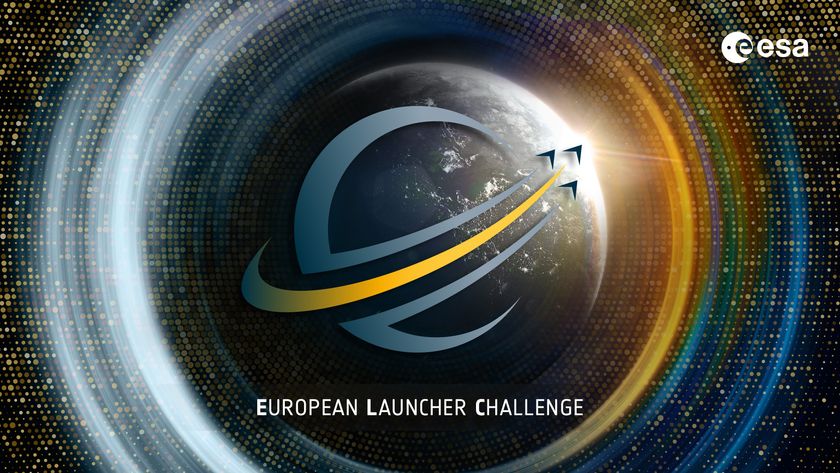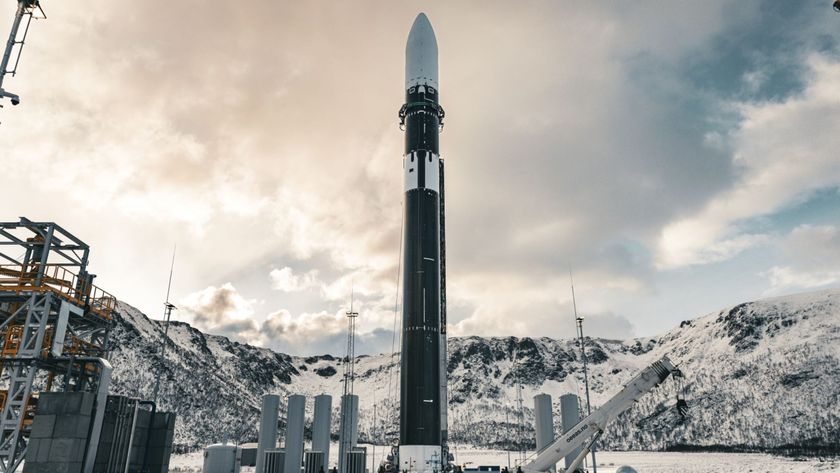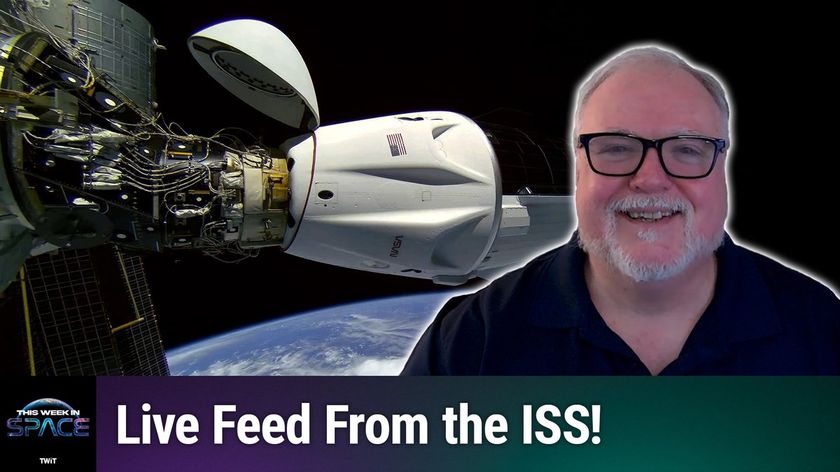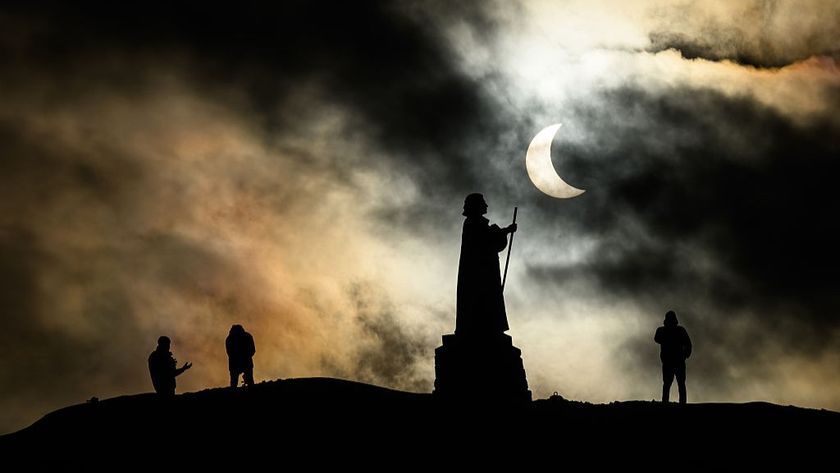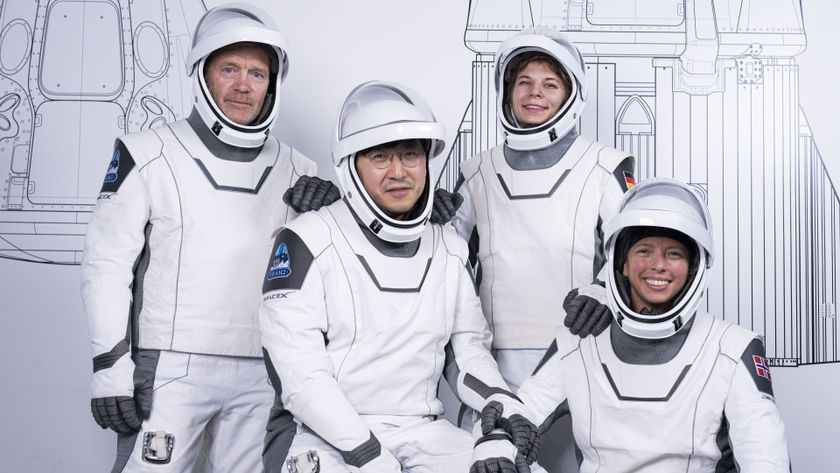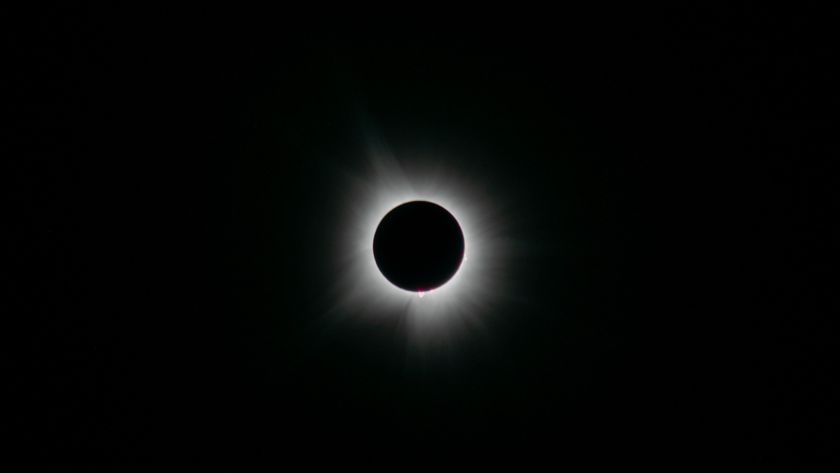For Last Space Shuttle Crew, It's Work First, Emotions Later
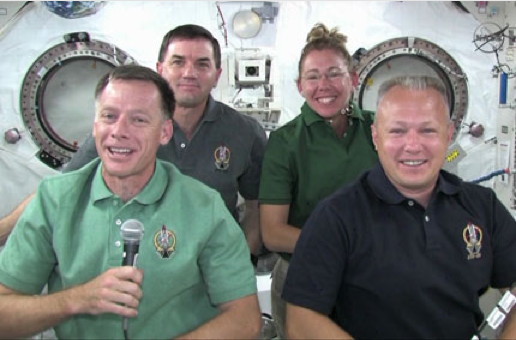
HOUSTON – The four astronauts on space shuttle Atlantis haven't had much time to think about the significance of flying NASA's last space shuttle mission with all the work they've had to get done so far.
"We haven't had much downtime yet, but we're working really hard to get ahead of it so when we get our half-day off, we can actually take time off and look out the window," Sandy Magnus, one of Atlantis' mission specialists, told reporters in a set of live interviews from the International Space Station today (July 13). [Photos: NASA's Last Shuttle Mission in Pictures]
Magnus and her crewmates, commander Chris Ferguson, pilot Doug Hurley and mission specialist Rex Walheim spent today unloading a massive cargo carrier that was brought up to the station in Atlantis' payload bay.
The astronauts will spend the remainder of their mission unpacking the roughly 9,500 pounds (4,300 kilograms) of food, clothing and spare parts from the cargo pod and then refilling it with about 5,600 pounds (2,540 kg) of items to be returned to Earth.
Tomorrow (July 14), the spaceflyers will enjoy some time off from their duties — their first real break since launching into orbit on July 8 and arriving at the space station two days later.
Yet, despite the demanding timeline, Ferguson, Hurley, Magnus and Walheim have kept up an efficient pace through their mission objectives so far. And while the astronauts are flying on the last ever flight of NASA's space shuttle era, their priority has been on the successful completion of the mission.
"When you're doing your day-to-day jobs, you can't really think about it in those terms," Magnus said. "All of us are honored to be part of this mission and we're doing our best to leave the station in the best configuration when we leave."
Get the Space.com Newsletter
Breaking space news, the latest updates on rocket launches, skywatching events and more!
In fact, the intensity of their work schedules has kept the spaceflyers from dwelling too much on the impending retirement of NASA's shuttle fleet, at least until Atlantis' wheels roll to a stop for the final time.
"[Our work] keeps us so focused that we tend not to look at the big picture as much," Hurley said. "I think we're all kind of telling ourselves that we'll have time to reflect on this whole event, this whole happening that we've gone through for the past nine months, and hopefully be able to articulate it and share it with everyone else."
For Magnus, she also thinks the emotions will hit once the shuttle has safely landed at the end of the mission, even though the finality of their mission has been a constant presence since the beginning of their training.
"As we've gotten closer and closer to launch, it hit us more and more powerfully that this really was it," Magnus said. "I think after we get back down on the ground, it's going to hit us pretty hard. I think we're going to have a pretty hard time leaving the shuttle."
You can follow SPACE.com Staff Writer Denise Chow on Twitter @denisechow. Visit SPACE.com for complete coverage of Atlantis' final mission STS-135 or follow us @Spacedotcom and on Facebook.
Join our Space Forums to keep talking space on the latest missions, night sky and more! And if you have a news tip, correction or comment, let us know at: community@space.com.

Denise Chow is a former Space.com staff writer who then worked as assistant managing editor at Live Science before moving to NBC News as a science reporter, where she focuses on general science and climate change. She spent two years with Space.com, writing about rocket launches and covering NASA's final three space shuttle missions, before joining the Live Science team in 2013. A Canadian transplant, Denise has a bachelor's degree from the University of Toronto, and a master's degree in journalism from New York University. At NBC News, Denise covers general science and climate change.
